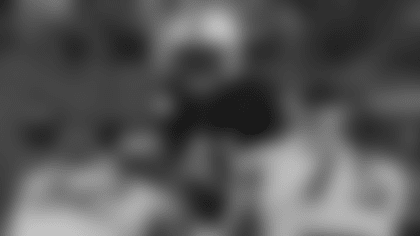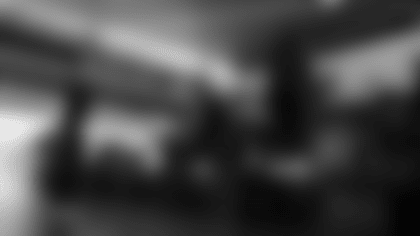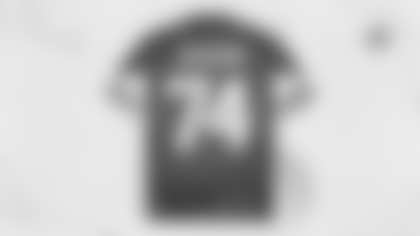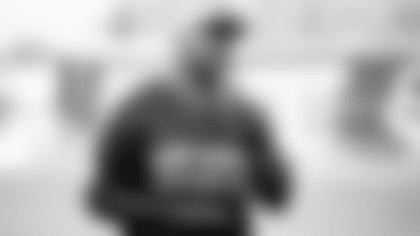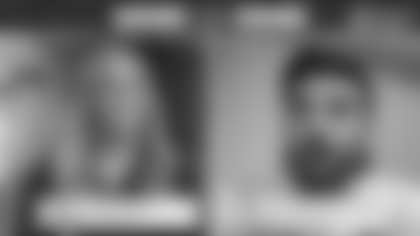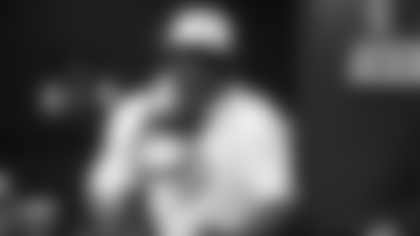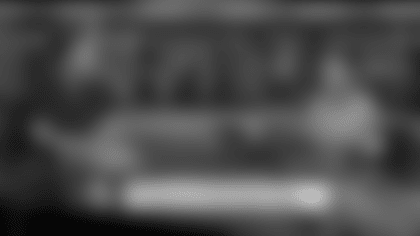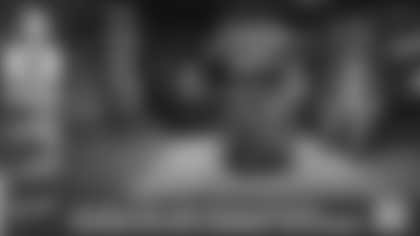The details will be forthcoming, but the NFL plans to expand the helmet-hit rule before the 2018 season, NFL Competition Committee Chairman Rich McKay announced Tuesday.
The expansion of the rule wasn't on the initial agenda for the Annual League Meeting but was added, McKay said, as a result of data on hits and comments from coaches who convened in Orlando.
"The coaches were most vociferous about, 'This needs to change. The tactic needs to change, and we're ready for change,' " McKay said during a news conference. "So we decided we would re-write that point of emphasis and clarification into a playing rule. We put it into Proposal 11. We used the language we had in the book and basically re-wrote Article 8 on the crown of the helmet and used the same language on lowering your head."
League spokesman Brian McCarthy tweeted about the rule change:
McKay said "this is a pretty significant change."
"This is not situational protection, so in the past, whether it's the college targeting rule or our defenseless player rule, which has a lot of similarities, it's situational protection," McKay said. "In this, we're basically getting to a technique that's too dangerous for the player doing it and the player that's getting hit. What's really helped us a lot is in the last two or three years we have really gotten better data, better information on injuries, better engineering work to understand collision angles and better video."
NFL.com's Austin Knoblauch **noted a report** by NFL Network's Tom Pelissero that the NFL plans to bring coaches, players and team officials to New York in the next couple of months to "work out enforcement specifics regarding the rule" with the goal of having disciplinary aspects of the rule finalized by the Spring League Meeting in May.
McKay said the rule forbidding players to use the crowns of their helmets had become "too narrow and had too many requirements to it."
"This has very little requirement to it. This is simply if you lower your head to initiate contact and you make contact with an opponent, it's a foul," McKay said. "The reason the language after disqualified is a period is because we've got some things to work on. The coaches were pretty strong in the room today, that, 'after certain of these instances, there should be an automatic ejection on the field.'
"That's going to require us to work with them to understand the circumstances. 'Would the NFL automatically review?' Probably, using what the college technique has been," McKay added. "We would probably go to that, but we need to flush that all the way out and understand it. We didn't want to just go into a drafting mode today when we're going to pass a rule of this magnitude and not have the time to hear from the coaches and all of the clubs on what they want and what we can do in New York and do effectively."



